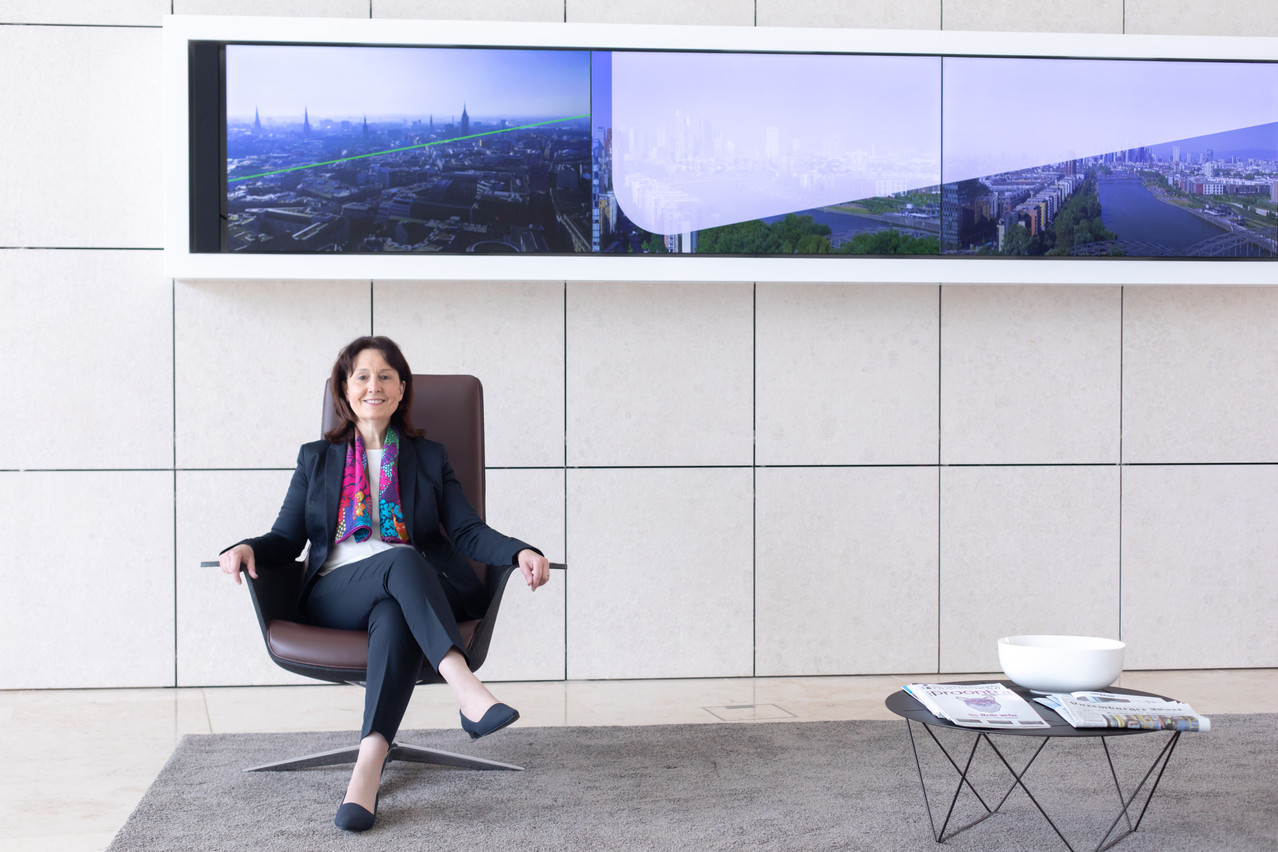Aaron Grunwald: You lead Alfi’s Frankfurt roadshow working group. Why are you participating?
Maria Löwenbrück: Events, like the Frankfurt roadshow, that are organised by Alfi are the perfect opportunity to connect and exchange and to create new opportunities with different stakeholders, especially with investors. That’s my thinking.I hear this also from other stakeholders.
Who comes to these roadshows?
That’s a mix of asset managers, service providers, lawyers, big four, but also investors. In the workshops, very often you have German investors investing in Luxembourg fund structures. And this year, we also have some startups on a panel, and I think it’s very important. We have one panel with the ideas of the younger generation, what the younger generation is thinking about the financial industry and future of the financial industry.
It’s fair to say that Germany is one of the Luxembourg fund sector’s most important markets?
Large German asset managers and third-party mancos [management companies] have recognised the importance of Luxembourg and have implemented branches in Luxembourg over the years. At the end of March, 14.7% of fund initiators originatedfrom a German group.
You gave me some figures indicating that Luxembourg-based Ucits retail funds have represented about 42% of all public market funds distributed in Germany steadily since 2016, with assets under management rising by 60%. At the same time, the share for alternative funds is much lower. Luxembourg funds only have 4% of assets under management in German Spezialfonds (special funds). Why is there such a huge gap between public market and private market funds?
Ucits have been very successful the last five to 10 years.... the German market is dominated by institutional investors--73% are institutional and 27% are retail investors. What we will see in the next years is a high demand for private market funds. But when we look at the past, the typical German Spezialfond is not the same as the typical private equity fund in Luxembourg. The typical German Spezialfond has one client and one investment. It’s not so easy to compare both.
The figure of 4% is special. The Spezialfond is a very domestic product in Germany.... that’s not negative [for Luxembourg].
I think the local expertise in private equity structures and for diverse structuring possibilities that the financial centre offers is not yet fully exploited by German-based firms. And that is an opportunity from which both markets could strongly benefit. You’ll see that with the Reserved Alternative Investment Fund. Luxembourg mancos and service providers, as well as the regulator, must stay innovative and lean to enable swift implementation of regulatory structures. A positive example for this is the recent evolution of unregulated alternative funds and the successful introduction of Raif schemes.
Will Germany remain one of the main engines of Luxembourg’s funds sector?
If you have a look at both countries, they are very close economically and culturally, and Germany has always been a crucial market for Luxembourg’s fund sector. Assets under management for German investors grew by more than 10% from 2016 to 2021, and Germany is the largest investment capital pool invested in the EU.... and the Luxembourg market share of total foreign funds registered for sale in Germany is approximately 55%. It’s a lot.
I think Germany will be an engine for the next years in Ucits, but also in alternatives. I will say a very clear ‘yes’.
